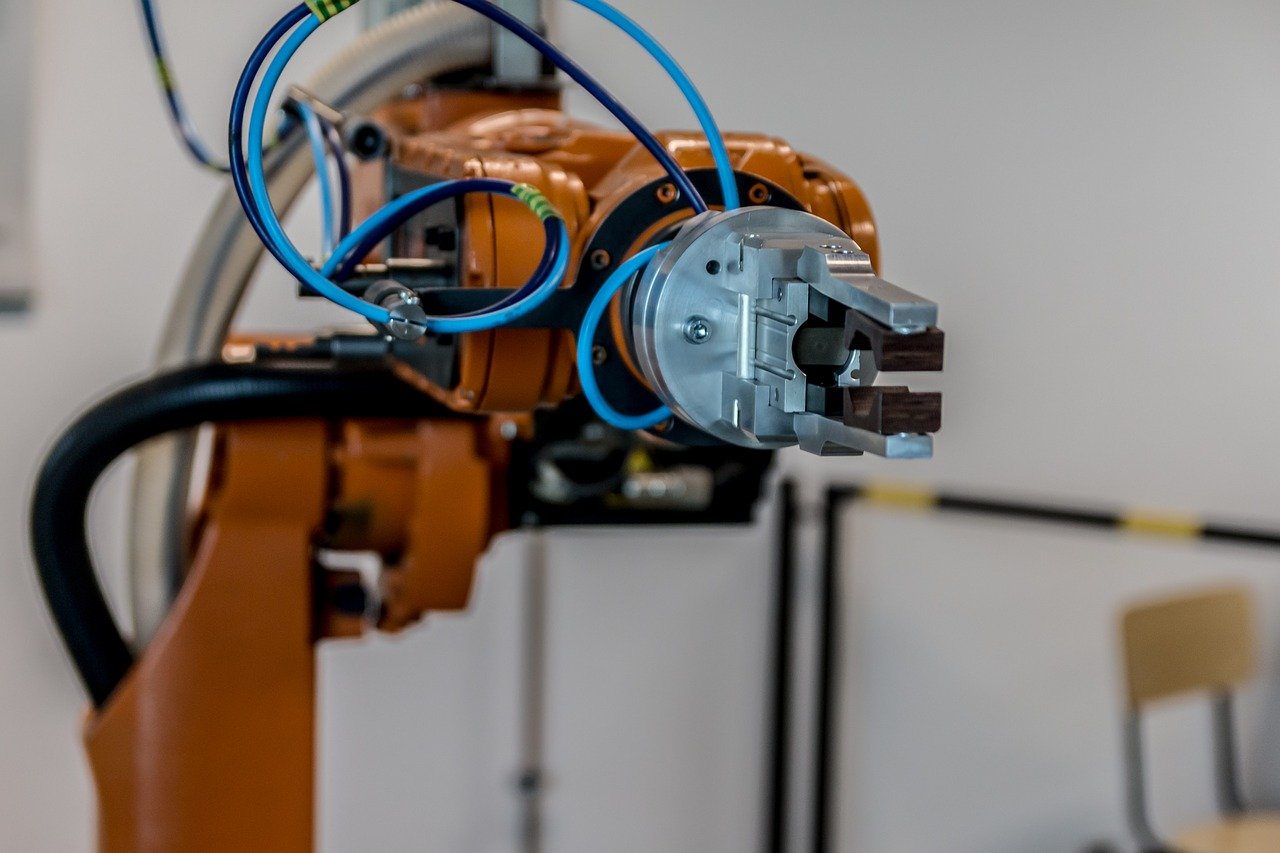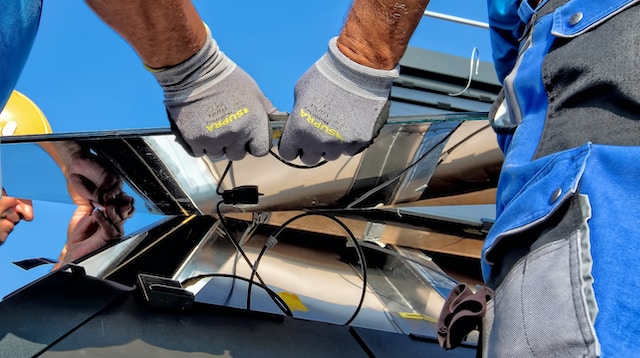When talking about gadgets, from cell phones to cars and flashlights, everything is getting better… There are faster processors, clearer displays, larger amounts of storage, among many other technological advancements. However, battery life hasn’t always followed suit, sometimes rendering even the coolest smartphone useless if it dies all the time.
Scientists and technology companies are seeking ways to improve battery life and efficiency. A team of scientists at the University of Missouri (MU) have produced a prototype of a nuclear-powered, water-based battery which is longer-lasting and more efficient than existing battery technologies.
Scientists foresee this battery being used for many applications such as a dependable energy source in automobiles, spacecraft, and other applications where longevity, reliability, and efficiency are paramount.
Science behind:
A titanium dioxide electrode (the regular element found in sunscreens and UV blockers) with a platinum coating collects and effectively converts energy into electrons. Water acts as a buffer and surface plasmons produced in the device help in increasing its efficiency.
Associate professor Jae W. Kwon, of the College of Engineering at MU, says the ionic solution is not easily frozen at very low temperatures and could work in many applications including car batteries and perhaps spacecraft.






